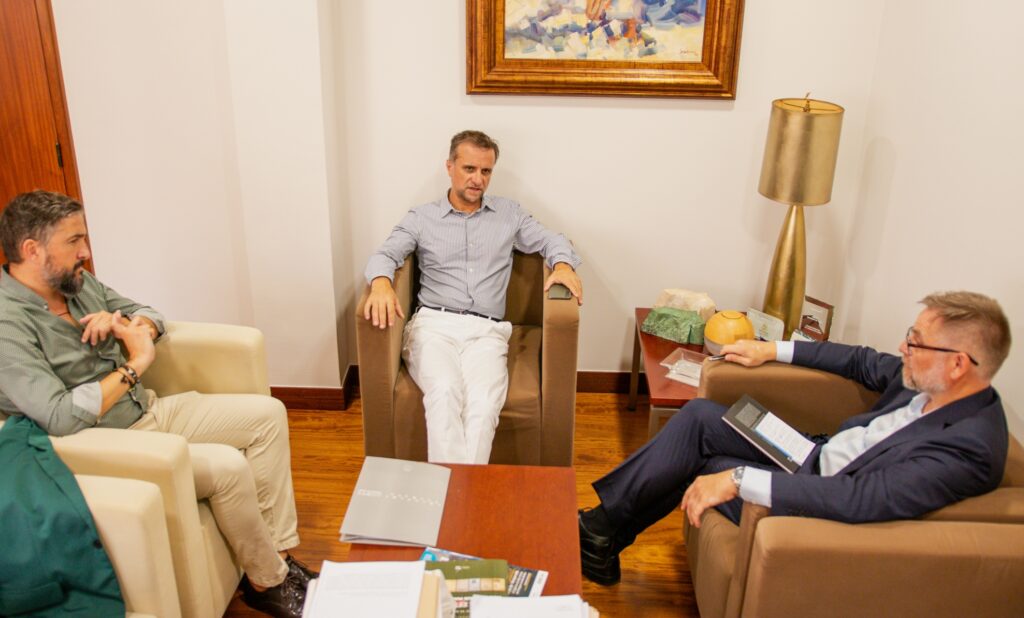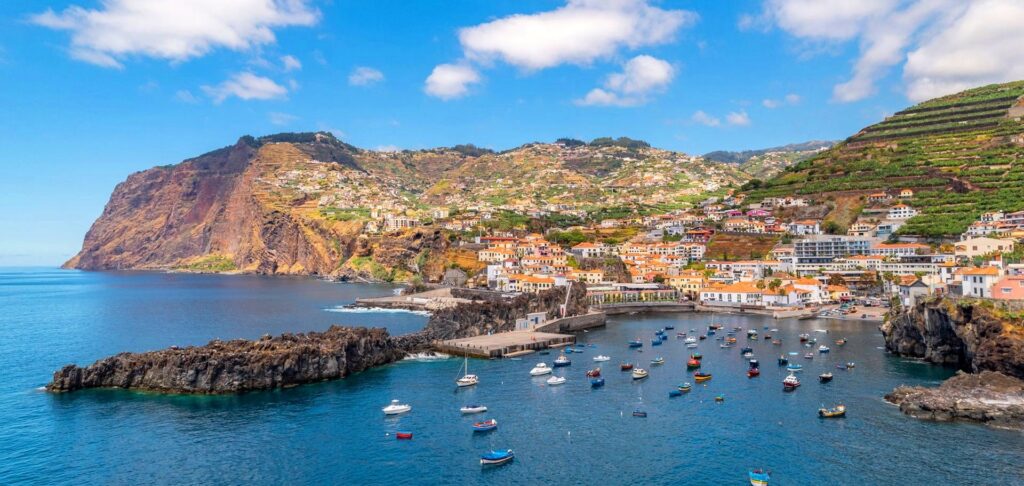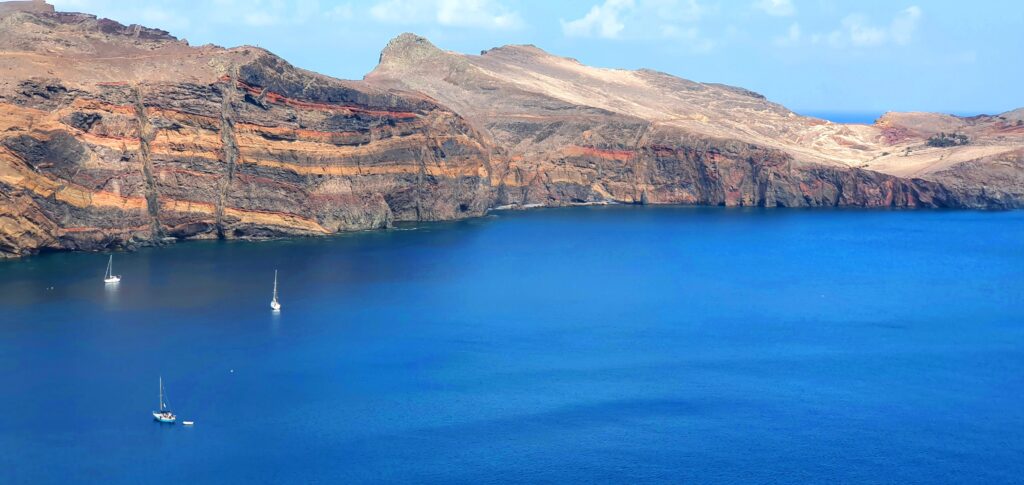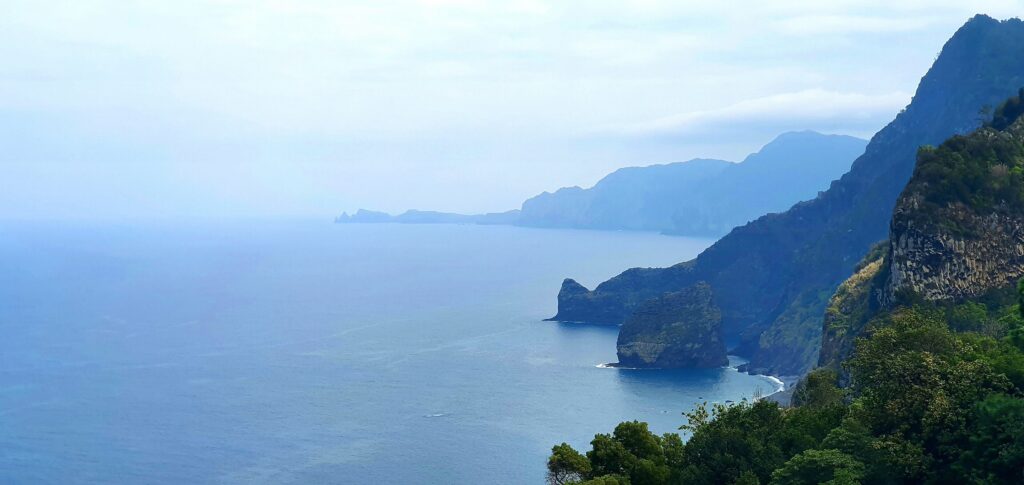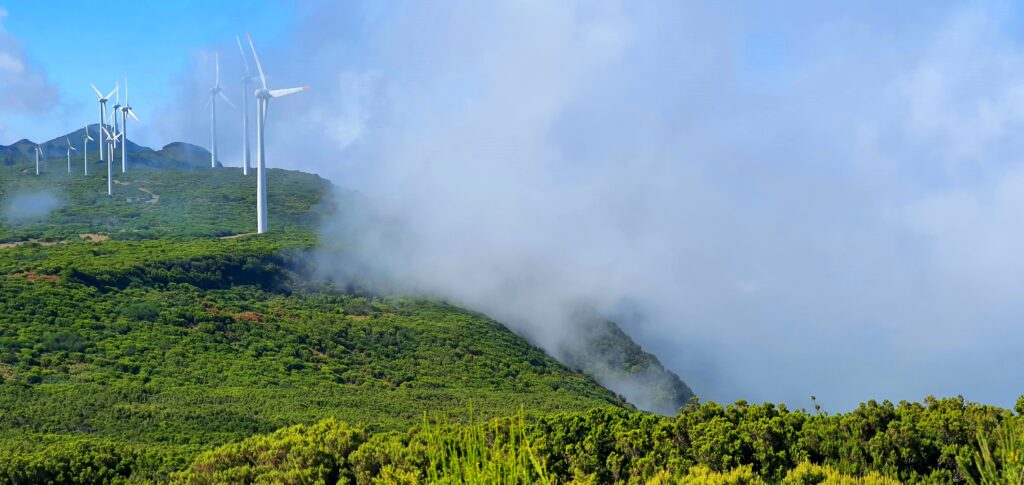- 17 October 2024
- Posted by: andrzej.sztando
- Category: Traveling in search of local development and inspirations for local & regional governments
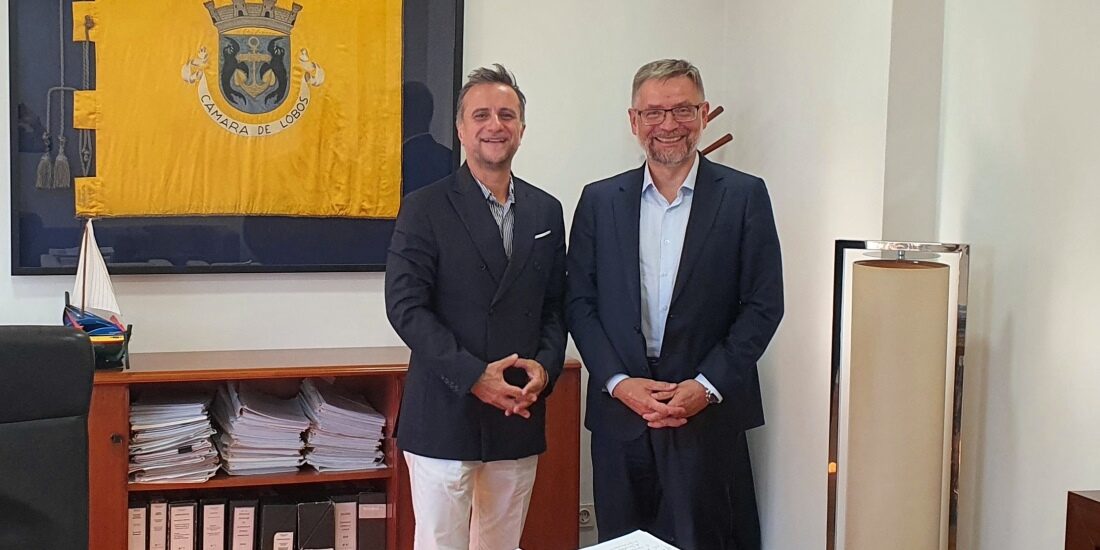
An interview with Leonel Correia da Silva, Mayor of Câmara de Lobos, one of the municipalities of Madeira, made me realize that the rapid influx of tourist traffic&investment can be a challenge even on remote, oceanic islands, as long as they are attractive to the world and sufficiently connected to it.
The negative effects that can be observed here include: the degradation of the landscape by apartment buildings, the pressure of tourism on the environment, the loss of agricultural land for construction, spatial disorder, the displacement of local traditions/cuisine/fashion/trade etc. by their global counterparts, and finally such a large increase in property prices that it leads to young residents “withdrawing” from renting apartments and returning to their parents’ homes or seeking their fortunes in emigration. On the other hand, tourists and seasonal residents bring large income to the local community and economy, allowing them to buy and invest in things that would be completely unattainable without them. It is therefore hardly surprising that most residents want this income, especially since there are no alternatives. So what should the local government do in this situation?
As my interviewee said, their local government tries to balance between “letting the world in” the commune and protecting it from this world. They enable investments and promote tourism, but at the same time they firmly regulate, limit and protect everything they can so as not to lose their values and identity. I would call it a window tilting strategy when you need to let in life-giving air and you do it, but only so much and so that the wind does not ruin your interior. This is a difficult strategy, but it works for Câmara de Lobos – the surroundings are still as beautiful as when Sir Winston Churchill himself painted them in delight. It would be worth considering such a strategy in Polish communes with tourist ambitions, and I will tell you how to do it in practice during my next training sessions for local government authorities and management.
Thank you Mayor Leonel Correia da Silva, for a wonderful, inspiring, unforgettable afternoon together, and Mr. Joel Viana for its perfect organization. I congratulate on a very well-chosen strategy and I wish further successes in its implementation!
